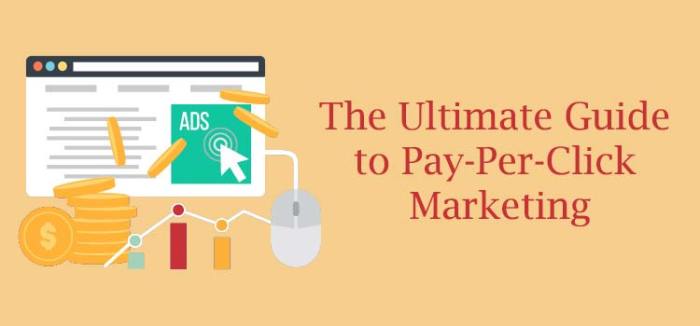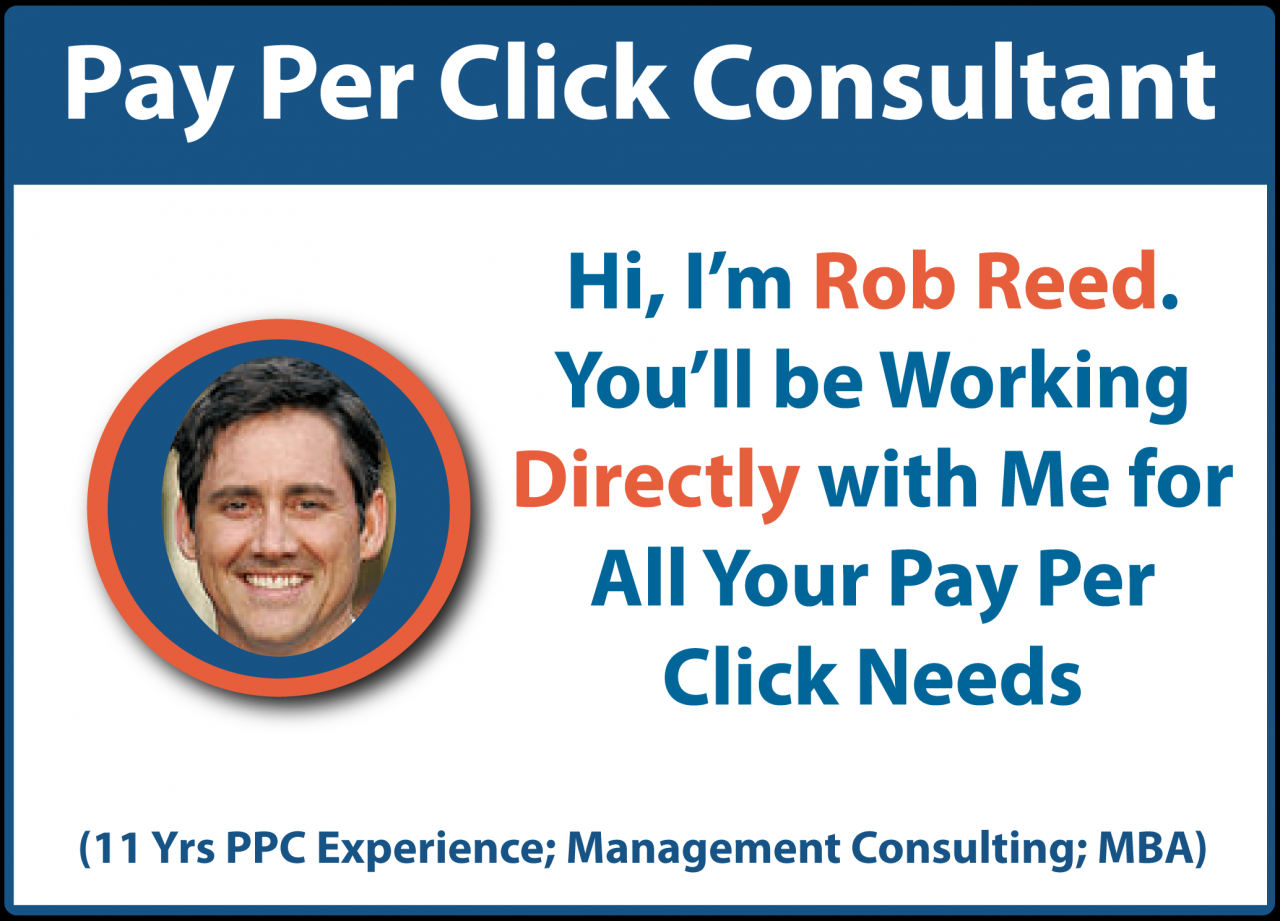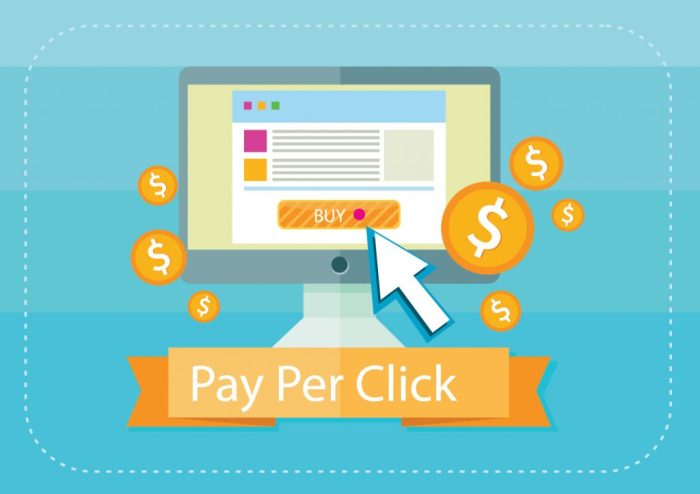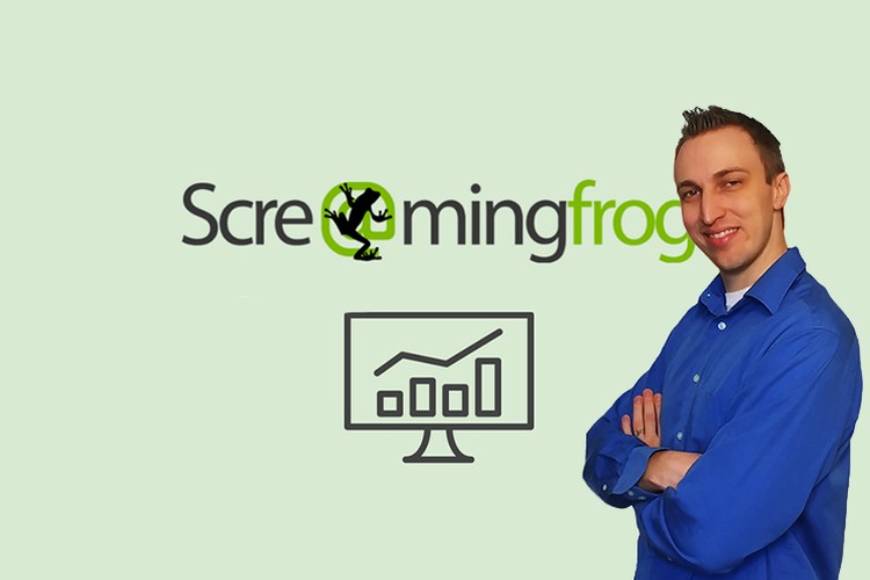Pay per click marketing firm is a crucial element in today’s digital landscape. It involves carefully crafted strategies to optimize online visibility and drive targeted traffic to a business. This guide delves into the intricacies of PPC, from defining its core functions to exploring the latest industry trends. We’ll examine the essential characteristics of effective firms, including client acquisition and management, the tools they use, and ethical considerations.
This comprehensive overview will equip readers with a strong understanding of pay-per-click marketing firm operations. The discussion will cover essential elements such as defining PPC firms, highlighting key characteristics for success, examining client acquisition and management, analyzing tools and technologies, understanding industry trends, and discussing ethical considerations. This detailed approach provides a holistic perspective on this vital area of digital marketing.
Defining Pay-Per-Click Marketing Firms
Pay-per-click (PPC) marketing firms are specialized agencies dedicated to managing online advertising campaigns for businesses. They leverage PPC platforms like Google Ads and Bing Ads to drive targeted traffic to client websites, ultimately increasing conversions and ROI. These firms possess expertise in various aspects of PPC, from research and campaign setup to ongoing optimization and performance analysis.
These firms understand the nuances of the digital landscape, allowing them to tailor strategies to specific business needs. This includes crafting compelling ad copy, refining landing page optimization, and meticulously monitoring campaign performance to ensure maximum efficiency. Their core function is to optimize PPC campaigns for optimal return on investment (ROI).
Core Functions and Services
PPC marketing firms provide a range of services beyond simply setting up advertisements. They act as a crucial extension of a business’s marketing team, handling the technical and analytical aspects of PPC campaigns. This includes:
- Research and Targeting: Identifying relevant search terms that potential customers use when searching online, ensuring that advertisements are seen by the right audience.
- Ad Copywriting and Design: Crafting compelling ad copy and visuals that resonate with target audiences, driving clicks and conversions.
- Landing Page Optimization: Improving landing pages to enhance user experience and conversion rates, making it easier for visitors to take desired actions.
- Campaign Management and Optimization: Continuous monitoring and adjustment of campaigns to improve performance, ensuring maximum efficiency and ROI.
- Performance Reporting and Analysis: Providing regular reports and insights on campaign performance, identifying areas for improvement, and demonstrating the impact of the campaign.
PPC Advertising Models
These firms utilize various PPC advertising platforms. These platforms offer different strengths and cater to diverse advertising needs.
- Google Ads: The most widely used platform, offering comprehensive targeting options, including search, display, video, and shopping campaigns. It allows for extensive customization and detailed analytics.
- Bing Ads: A strong alternative to Google Ads, especially for businesses looking to reach a broader audience. It offers a slightly different approach to targeting and often provides cost-effective opportunities.
- Social Media Ads (Facebook, Instagram, LinkedIn): Platforms like Facebook and Instagram provide highly targeted advertising options, reaching specific demographics and interests. LinkedIn ads are particularly effective for reaching business professionals.
Service Packages Comparison
The following table lists different service packages a PPC marketing firm might offer, highlighting key features, pricing, and target audience.
| Package Name | Features | Pricing | Target Audience |
|---|---|---|---|
| Basic PPC Campaign Setup | Initial campaign setup, research, ad copy creation, and basic targeting. | $500-$1500 per month | Small businesses with limited budgets, starting their PPC campaigns. |
| Managed PPC Campaign | Full campaign management, including ongoing optimization, bidding strategies, performance analysis, and reporting. | $1500-$5000+ per month | Mid-sized businesses with an established online presence require ongoing support and optimization. |
| Advanced PPC Campaign Management | Comprehensive campaign management, including A/B testing, conversion tracking, and advanced targeting strategies, focusing on maximizing ROI. | $5000+ per month | Large corporations and e-commerce businesses need sophisticated campaign management and a strong emphasis on ROI. |
Key Characteristics of Effective PPC Firms: Pay-Per-Click Marketing Firm
A successful Pay-Per-Click (PPC) marketing firm is more than just a collection of tools and strategies. It requires a deep understanding of the constantly evolving digital landscape and the specific needs of each client. Effective PPC firms differentiate themselves through a combination of expertise, data-driven approaches, and a commitment to continuous improvement.
Effective PPC firms possess a unique blend of theoretical knowledge and practical experience. They understand the nuances of algorithms, research, ad copywriting, and landing page optimization. Pay-per-click marketing firm. This knowledge allows them to develop tailored strategies that resonate with target audiences and maximize return on investment (ROI). Moreover, a robust understanding of industry trends and best practices is crucial for adapting to shifts in the digital marketing environment.
Experience and Expertise
Expertise in PPC is not merely theoretical knowledge; it’s the ability to apply that knowledge to real-world scenarios. A seasoned PPC firm possesses a proven track record of success, demonstrated through case studies, client testimonials, and measurable results. Pay-per-click marketing firm Experience translates to a deeper understanding of the complexities of different industries, allowing the firm to adapt strategies to specific market needs. Moreover, this experience helps them navigate the complexities of ever-changing algorithms and stay ahead of emerging trends.
Data Analysis and Reporting Capabilities
A critical component of effective PPC management is the ability to analyze data and provide actionable insights. A robust data analysis process involves tracking key metrics, identifying trends, and utilizing data visualizations to communicate insights effectively. These insights allow clients to understand campaign performance and make informed decisions for optimization.
Effective PPC firms go beyond basic reporting. They provide in-depth analysis of campaign data, identifying areas for improvement and opportunities for growth. They utilize tools and techniques that enable them to interpret complex data sets and translate them into clear, actionable recommendations.
Examples of Metrics and Reporting Methods
Strong PPC firms leverage a variety of metrics to track campaign performance. Examples include click-through rate (CTR), conversion rate, cost-per-click (CPC), cost-per-acquisition (CPA), and return on ad spend (ROAS). These metrics provide a comprehensive picture of campaign effectiveness and allow for continuous optimization.
Furthermore, these firms employ various reporting methods. Visualizations, such as charts and graphs, are commonly used to present data in a digestible format. Regular reports, typically weekly or monthly, are shared with clients, providing transparency and facilitating collaboration. Customized dashboards that present key performance indicators (KPIs) in real-time are becoming increasingly popular, allowing for proactive adjustments and immediate feedback.
Key Performance Indicators (KPIs) for Assessing PPC Firms
| KPI | Definition | Importance | Measurement |
|---|---|---|---|
| Click-Through Rate (CTR) | The percentage of people who see your ad and click on it. | Indicates ad relevance and attractiveness. | Clicks / Impressions * 100 |
| Conversion Rate | The percentage of visitors who complete a desired action (e.g., purchase, sign-up). | Measures the effectiveness of the landing page and overall campaign. | Conversions / Website Visits * 100 |
| Cost-Per-Click (CPC) | The amount paid for each click on your ad. | Indicates the efficiency of bidding strategies. | Total Cost / Total Clicks |
| Cost-Per-Acquisition (CPA) | The average cost to acquire a customer. | Measures the profitability of the campaign. | Total Cost / Total Conversions |
| Return on Ad Spend (ROAS) | The revenue generated for every dollar spent on advertising. | Crucial metric for assessing campaign profitability. | Revenue Generated / Total Ad Spend |
Client Acquisition and Management Strategies

Source: influencermarketinghub.com
Attracting and retaining clients is crucial for the success of any pay-per-click marketing firm. Effective client acquisition strategies are essential for expanding the firm’s client base, while robust client management practices ensure long-term partnerships and repeat business. A thorough understanding of these strategies allows firms to build a strong foundation for sustained growth and profitability.
Common Client Acquisition Strategies
Building a strong client base is a fundamental aspect of any successful PPC marketing firm. Several strategies are commonly employed to attract new clients. These include targeted online advertising campaigns, participating in industry events and conferences, leveraging content marketing, and building strong relationships with potential clients through networking and referrals.
- Targeted Online Advertising: PPC firms often utilize online advertising platforms to target potential clients searching for specific services related to PPC marketing. This includes strategically using s, demographics and interests to reach the desired audience. Paid social media advertising, search engine marketing, and display advertising are frequently employed to achieve this.
- Industry Events and Conferences: Participating in industry events provides opportunities to network with potential clients and showcase expertise. Presenting at seminars or workshops can position the firm as a thought leader, generating interest and attracting new clients. Conferences also allow for direct interaction with potential clients, fostering relationships.
- Content Marketing: Creating valuable content, such as blog posts, case studies, and white papers, positions the firm as a reliable source of information in the PPC field. This builds credibility and attracts potential clients seeking insights and solutions.
- Networking and Referrals: Building strong relationships with potential clients and existing partners is vital. Networking through industry events, online communities, and professional organizations helps generate leads and referrals.
Client Retention and Management Methods
Maintaining strong client relationships is critical for sustained business growth. This includes consistently exceeding client expectations, promptly addressing concerns, and actively seeking feedback to refine services. By actively managing existing clients, firms can improve client satisfaction and encourage repeat business.
- Exceeding Client Expectations: Delivering results that surpass client expectations builds trust and fosters loyalty. Regularly communicating progress, providing detailed reports, and actively listening to client needs ensures satisfaction.
- Addressing Concerns Promptly: Addressing client concerns promptly and effectively is essential. A responsive and supportive approach helps manage potential issues and maintain a positive client relationship.
- Seeking Feedback and Refining Services: Regularly soliciting feedback from clients provides valuable insights into areas for improvement. Using this feedback to refine services demonstrates a commitment to client satisfaction and optimizes service offerings.
Client Communication Strategies
Effective communication is vital for building and maintaining strong client relationships. Different communication methods have varying strengths and should be employed strategically to ensure clarity and efficiency.
- Variety in Communication Channels: Choosing the appropriate communication channels for different situations is crucial. Emails, phone calls, video conferencing, and project management tools can all be utilized to keep clients informed and engaged. The selection of the communication channel should be based on the complexity and urgency of the message.
Successful Client Onboarding Procedures
A well-defined onboarding procedure sets the tone for the client relationship. It ensures a smooth transition, establishes clear expectations, and builds trust from the start.
- Clear Communication and Expectations: Establish clear communication channels, outlining how and when clients will receive updates and reports. Define expectations for response times and project milestones.
- Introduction of Key Personnel: Introduce key personnel who will be involved in the project to ensure clients feel comfortable and have established relationships with the team members handling their account.
Client Communication Channel Summary
| Communication Channel | Purpose | Frequency | Example |
|---|---|---|---|
| General updates, project progress, and important announcements | Daily/Weekly | Sending weekly performance reports | |
| Phone Calls | Addressing urgent issues, clarifying complex topics, and scheduling meetings | As needed | Following up on a client’s concern |
| Video Conferencing | Detailed discussions, project walkthroughs, and team meetings | Weekly/Bi-weekly | Holding a weekly meeting to discuss campaign performance |
| Project Management Tools | Tracking tasks, deadlines, and progress | Daily/Weekly | Using Asana or Trello to track project milestones |
Tools and Technologies Used

Source: neilpatel.com
PPC marketing firms leverage a diverse range of tools and technologies to manage campaigns effectively and optimize performance. These tools enable firms to track key metrics, analyze data, and automate tasks, leading to improved efficiency and better results for clients. A deep understanding of these tools and their application is crucial for successful PPC campaign management.
Effective PPC firms recognize the critical role of robust analytical tools in campaign optimization. These tools allow for a thorough understanding of campaign performance, enabling data-driven decisions to refine strategies and maximize ROI. By utilizing advanced analytics, firms can identify areas for improvement and refine targeting strategies, ultimately leading to increased conversions and revenue for clients.
Essential Campaign Management Tools
PPC campaign management relies on a suite of tools to track, analyze, and optimize performance. These tools enable firms to monitor key metrics, identify trends, and adjust campaigns in real-time. Proficiency in using these tools is paramount for successful campaign management.
- Ad platforms’ native tools: Ad platforms like Google Ads and Bing Ads provide a suite of tools directly integrated into their platforms. These tools allow for campaign creation, management, and tracking within a single interface. This streamlined approach facilitates efficient campaign management and enables real-time adjustments.
- Third-party analytics platforms: Third-party tools, such as Google Analytics, provide comprehensive data analysis beyond what’s available within ad platforms. They provide valuable insights into user behavior, website traffic, and conversion rates, helping to refine targeting strategies and understand campaign impact across the entire customer journey.
Analytical Tools for Optimization
Analytical tools play a vital role in PPC campaign optimization. These tools help firms understand what’s working and what’s not, enabling data-driven decisions for continuous improvement.
- research tools: Tools like SEMrush and Ahrefs help identify relevant s for targeting specific audiences. By understanding search volume, competition, and user intent, firms can select the most effective s for their campaigns.
- Conversion tracking: Conversion tracking tools, integrated with ad platforms and analytics platforms, measure the effectiveness of campaigns in generating desired actions (e.g., purchases, sign-ups). By accurately tracking conversions, firms can determine which campaigns are driving the best results and allocate resources accordingly.
Specific Software Examples
Several software solutions support PPC campaign management and analysis. Examples include:
- Google Ads: Google’s platform provides robust tools for campaign management, research, bidding strategies, and performance tracking.
- Microsoft Advertising (Bing Ads): A comparable platform from Microsoft, allowing for similar campaign management, bidding strategies, and performance analysis.
- SEMrush: A popular third-party tool providing comprehensive research, competitor analysis, and campaign performance monitoring.
- Moz Explorer: Another third-party tool specializing in research, providing data on search volume, competition, and related s.
Automation in Campaign Management
Automation is increasingly used to streamline PPC campaign management. This enables firms to handle large volumes of data and adjust campaigns dynamically, resulting in increased efficiency and optimization.
- Automated bidding strategies: Features like Target CPA and Maximize Conversions allow campaigns to automatically adjust bids to optimize for specific metrics. This frees up resources and allows for continuous optimization without manual intervention.
- Automated ad creation and scheduling: Some tools can automatically create and schedule ads based on predefined criteria, such as time of day or audience segments. This automation helps manage multiple campaigns and ensures consistent ad delivery.
PPC Advertising Tools Overview
This table provides a concise overview of various PPC advertising tools, highlighting their primary functions, key features, and pricing models.
| Tool Name | Primary Function | Key Features | Pricing |
|---|---|---|---|
| Google Ads | Comprehensive PPC platform | research, campaign management, reporting, and automated bidding | Performance-based, varying by account size and features used |
| Bing Ads | PPC platform for Microsoft search | Campaign management, reporting, research, and targeting options | Performance-based, varying by account size and features used |
| SEMrush | PPC analysis and research | research, competitor analysis, rank tracking, site audits | Subscription-based, tiered pricing plans |
| Moz Explorer | research tool | research, search volume data, competition analysis | Subscription-based, tiered pricing plans |
Industry Trends and Future Outlook
The pay-per-click (PPC) marketing firm industry is constantly evolving, driven by technological advancements and shifting consumer behavior. Understanding these trends is crucial for firms to adapt and remain competitive. This section explores current trends, emerging technologies, challenges, and opportunities, alongside examples of how firms are responding.
Current Trends in PPC Marketing
The PPC landscape is dynamic, with several key trends shaping the industry. These include a growing emphasis on personalization, the increasing importance of data analytics, and the evolution of search engine algorithms. These trends are impacting how PPC firms operate, requiring them to adapt their strategies and embrace new technologies.
Emerging Technologies and Their Impact, Pay-per-click marketing firm.
Artificial intelligence (AI) and machine learning (ML) are transforming the PPC industry. AI-powered tools can analyze vast datasets, predict user behavior, and optimize campaigns for maximum ROI. This automation potential allows firms to focus on strategic decision-making, rather than repetitive tasks. Furthermore, the rise of voice search and the continued development of mobile technology are significantly altering user behavior, necessitating PPC firms to adapt their strategies.
Challenges and Opportunities
PPC firms face challenges like maintaining a competitive edge in a rapidly evolving market and adapting to the increasing complexity of search engine algorithms. However, opportunities exist in leveraging emerging technologies, optimizing campaign performance, and delivering exceptional customer experiences. Firms that embrace innovation and data-driven strategies are well-positioned for success. The constant updates and modifications in search algorithms require PPC firms to stay abreast of the latest developments and continuously refine their strategies.
Examples of Adapting to Change
Many firms are successfully adapting to these changes. For instance, some are investing heavily in AI-powered tools to automate tasks and personalize campaigns. Others are developing specialized expertise in niche markets, catering to specific customer needs and demands. Data analysis is becoming increasingly critical in the PPC industry, with firms focusing on sophisticated analytics tools to optimize campaigns and enhance return on investment.
Key Industry Trends and Implications
| Trend | Description | Impact | Example |
|---|---|---|---|
| Personalization | Tailoring PPC campaigns to individual user preferences. | Increased campaign effectiveness, improved user experience, and higher conversion rates. | A firm uses data to target ads based on past browsing history. |
| AI/ML Optimization | Utilizing AI and machine learning for automated campaign management. | Increased efficiency, improved ROI, reduced manual effort. | A firm automating bidding strategies based on real-time data. |
| Mobile Optimization | Ensuring campaigns are optimized for mobile devices. | Improved user experience, increased conversions, and compliance with mobile-first indexing. | A firm adapting ad copy and landing pages to fit smaller screens. |
| Voice Search | Optimizing campaigns for voice search queries. | Increased visibility in voice search results, targeted content creation. | A firm creating content addressing common voice search questions. |
Ethical Considerations in PPC Marketing
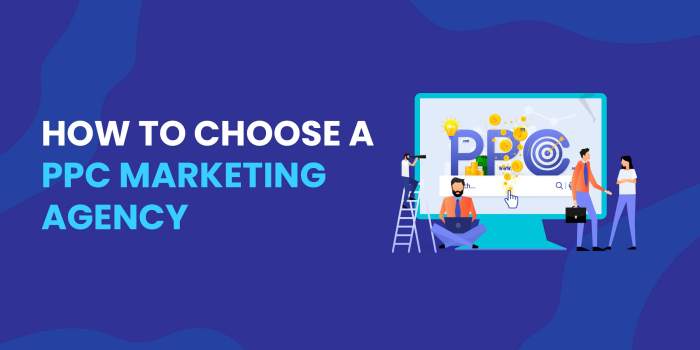
Source: DIY.co
PPC marketing, while a powerful tool for driving business growth, necessitates a strong ethical foundation. Adherence to ethical principles is crucial not only for maintaining a positive reputation but also for building trust with customers and fostering long-term success. A firm that prioritizes ethical practices often sees better ROI and strengthens its standing in the market.
Ethical Considerations in Advertising
Transparency and honesty are fundamental to ethical advertising. Misleading or deceptive claims, whether intentional or unintentional, can damage a company’s reputation and erode consumer trust. PPC marketers must ensure their campaigns accurately represent their products or services. This includes clearly stating any limitations or exclusions. Exaggerated claims or false promises can lead to legal repercussions and negatively impact a firm’s brand image.
Ethical Pitfalls and Best Practices
Several pitfalls can undermine ethical PPC practices. Examples include using misleading ads, creating deceptive landing pages, and engaging in click fraud. Click fraud, a common unethical practice, involves artificially inflating click counts to increase costs. Best practices involve meticulous research, ensuring landing pages accurately reflect advertised content, and using tools to monitor and prevent click fraud.
Responsible Advertising and Online Reputation
Responsible advertising plays a vital role in maintaining a positive online reputation. PPC firms should prioritize customer satisfaction and build trust through fair and transparent practices. Positive reviews, testimonials, and proactive customer support contribute to a strong online presence. Addressing customer concerns promptly and resolving complaints professionally can further bolster the firm’s reputation. Responding to negative feedback with honesty and a commitment to improvement demonstrates a commitment to ethical conduct.
Ethical Guidelines for PPC Firms
| Guideline | Description | Example | Impact |
|---|---|---|---|
| Accuracy and Transparency | All advertising claims must be accurate and presented. | A product advertised as “100% natural” must genuinely meet this claim. | Builds trust, avoids customer dissatisfaction, and strengthens brand reputation. |
| Honesty and Avoidance of Deception | Avoid misleading or deceptive language, images, or claims. | Don’t exaggerate product benefits or make false comparisons to competitors. | Maintains positive brand image and customer relationships. |
| Respect for Intellectual Property | Avoid infringing on trademarks or copyrights. | Conduct thorough research to avoid using competitors’ trademarks. | Protects from legal action and maintains ethical standards. |
| Fair Competition | Engage in fair competition and avoid unethical practices. | Refrain from click fraud and other deceptive tactics. | Creates a level playing field, fostering a positive online environment. |
| Privacy Protection | Respect user privacy and adhere to data protection regulations. | Communicate data collection practices and obtain consent for data use. | Protects user data and maintains trust. |
Closure

Source: center3consulting.com
In conclusion, pay-per-click marketing firms play a critical role in driving online success. By understanding the key aspects of defining a firm, its essential characteristics, client management, tools, trends, and ethical considerations, businesses can make informed decisions when choosing a partner for their online marketing endeavors. This guide provides a robust framework for navigating the complexities of the PPC industry, offering a pathway to effective digital marketing strategies.


